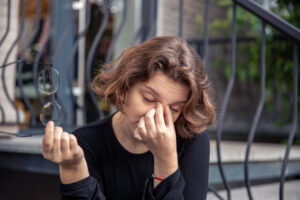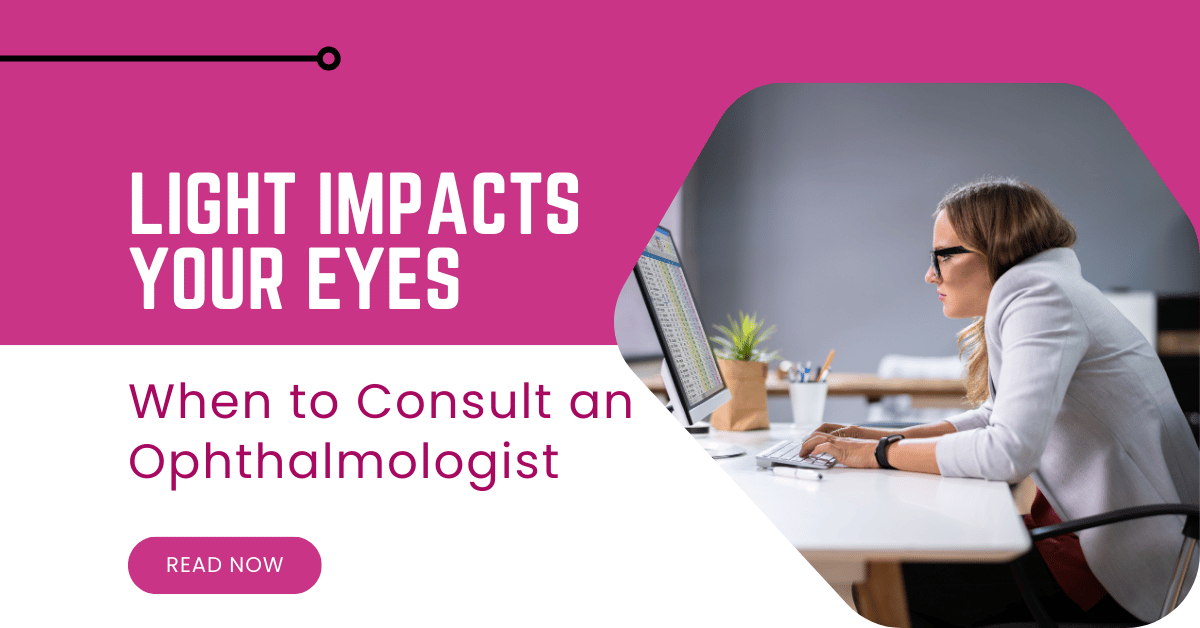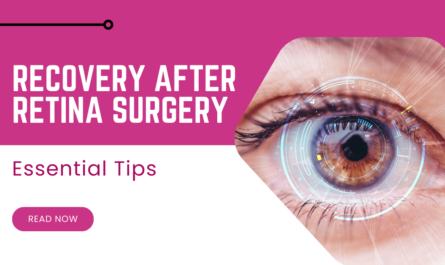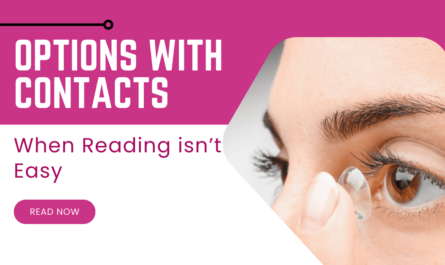Introduction
Light plays a crucial role in our vision and overall eye health. While natural sunlight and artificial lighting are essential for daily activities, excessive or improper exposure to light can cause eye strain, discomfort, and long-term damage. Understanding how different types of light affect our eyes and knowing when to seek professional advice can help maintain optimal eye health. This blog will discuss the impact of light on your eyes, common symptoms of light-related eye issues, preventive measures, and when you should consult an ophthalmologist.
Understanding Light and Its Effect on Your Eyes
Light is fundamental for vision, but its intensity, duration, and type can impact eye health in various ways. There are several types of light that influence our eyes:
- Natural Light (Sunlight): While essential for vitamin D synthesis, excessive exposure to UV rays can lead to cataracts and macular degeneration.
- Blue Light (Digital Screens & LED Lighting): Found in smartphones, computers, and LED bulbs, blue light exposure can contribute to digital eye strain and sleep disturbances.
- Artificial Lighting (Fluorescent & Incandescent Bulbs): Poor indoor lighting can cause glare, leading to discomfort and strain over time.
- Low Light Conditions: Straining to see in dim light may not cause permanent damage but can lead to temporary eye fatigue and discomfort.
Common Eye Problems Caused by Light Exposure
Excessive exposure to various light sources can result in multiple eye-related concerns. Here are some common issues:
1. Digital Eye Strain (Computer Vision Syndrome)
Symptoms include:
- Dry, irritated, or red eyes
- Blurry vision
- Headaches and difficulty focusing
- Neck and shoulder pain (due to prolonged screen time)
2. Photophobia (Light Sensitivity)
Bright lights may cause discomfort, leading to:
- Squinting or excessive blinking
- Eye pain or headaches in bright environments
- Difficulty adapting from bright to dim lighting
3. Cataracts & Macular Degeneration
- Prolonged exposure to UV rays can increase the risk of developing cataracts, which cause clouding of the eye’s lens.
- Macular degeneration, a leading cause of vision loss in older adults, is associated with excessive light exposure, particularly UV and blue light.
4. Sleep Disturbances
- Blue light exposure from screens before bedtime can suppress melatonin production, leading to poor sleep quality and eye fatigue.

Preventive Measures & Best Practices
To protect your eyes from light-related damage, follow these preventive measures:
1. Use Blue Light Filters
- Enable blue light filters on smartphones, tablets, and computers.
- Wear blue light-blocking glasses, especially if you work on screens for long hours.
2. Follow the 20-20-20 Rule
- Every 20 minutes, look at something 20 feet away for at least 20 seconds to reduce eye strain.
3. Wear UV-Protective Sunglasses
- Always wear sunglasses that block 100% of UVA and UVB rays when outdoors.
4. Adjust Indoor Lighting
- Avoid harsh fluorescent lighting; use softer, warm-toned LED lights.
- Ensure proper lighting when reading or working to prevent eye strain.
5. Limit Screen Time Before Bed
- Reduce exposure to screens at least one hour before sleeping to maintain a healthy sleep cycle.
When to Consult an Ophthalmologist
If you experience persistent eye discomfort, vision problems, or any of the symptoms mentioned above, consulting an ophthalmologist is essential. Seek medical advice if you have:
- Frequent headaches or eye strain after using screens
- Increased light sensitivity and discomfort in bright settings
- Blurry vision, double vision, or trouble seeing in low light
- Signs of cataracts, such as cloudy or yellow-tinted vision
- Sudden vision loss or frequent changes in eyesight
Meet Dr. Smita Mukherjee – Your Eye Care Expert
Dr. Smita Mukherjee is a senior ophthalmologist with over 30 years of experience. She completed her post-graduation from Seth G.S. Medical College with academic honors and later joined the faculty at the same institution, gaining extensive experience in diagnosing and treating various eye conditions.
Dr. Mukherjee specializes in Cataract Surgery, Phacoemulsification, Refractive Errors, Diabetic Retinopathy, and Age-Related Macular Degeneration. She has been practicing at Oculus Eye Clinic, Sanpada, and Eye Solutions Clinic, Chembur, for the past 22 years, providing top-quality eye care services.
📍 Eye Solutions Clinic
401, Pearl Belleza, D.K. Sandu Marg, 19th Road Corner, Chembur, Mumbai 400071
For appointments, visit Eye Solutions Clinic
Frequently Asked Questions (FAQs)
1. How can I reduce eye strain from screens?
Follow the 20-20-20 rule, use blue light filters, and adjust screen brightness to a comfortable level.
2. Does using a phone in the dark harm my eyes?
While it doesn’t cause permanent damage, it can strain your eyes and disrupt sleep due to blue light exposure.
3. What type of sunglasses should I wear for eye protection?
Choose sunglasses that offer 100% UVA and UVB protection to shield your eyes from harmful UV rays.
4. Can prolonged exposure to LED lights damage my eyes?
Excessive exposure to blue light from LED sources can contribute to digital eye strain and sleep disturbances.
5. When should I get my eyes checked by an ophthalmologist?
If you experience persistent eye discomfort, blurry vision, light sensitivity, or frequent headaches, it’s best to consult an eye specialist.
6. Can blue light glasses help with digital eye strain?
Yes, blue light-blocking glasses can reduce strain and improve comfort during prolonged screen use.
7. How often should I have an eye exam?
Adults should have a comprehensive eye exam every 1-2 years, while those with vision problems should consult more frequently.
8. Is it normal to feel discomfort in bright sunlight?
Some sensitivity is normal, but extreme discomfort could indicate an underlying issue that requires medical attention.
Conclusion
Light exposure plays a significant role in our visual health. While moderate exposure to natural and artificial light is necessary, excessive or improper exposure can cause discomfort, eye strain, and long-term issues like cataracts and macular degeneration. By taking preventive measures such as wearing UV-protective sunglasses, limiting screen time, and using blue light filters, you can safeguard your vision. If you experience any persistent symptoms or vision problems, it’s crucial to consult an ophthalmologist for expert care and treatment.
Your eyes deserve the best care—protect them today for a brighter, clearer tomorrow!


